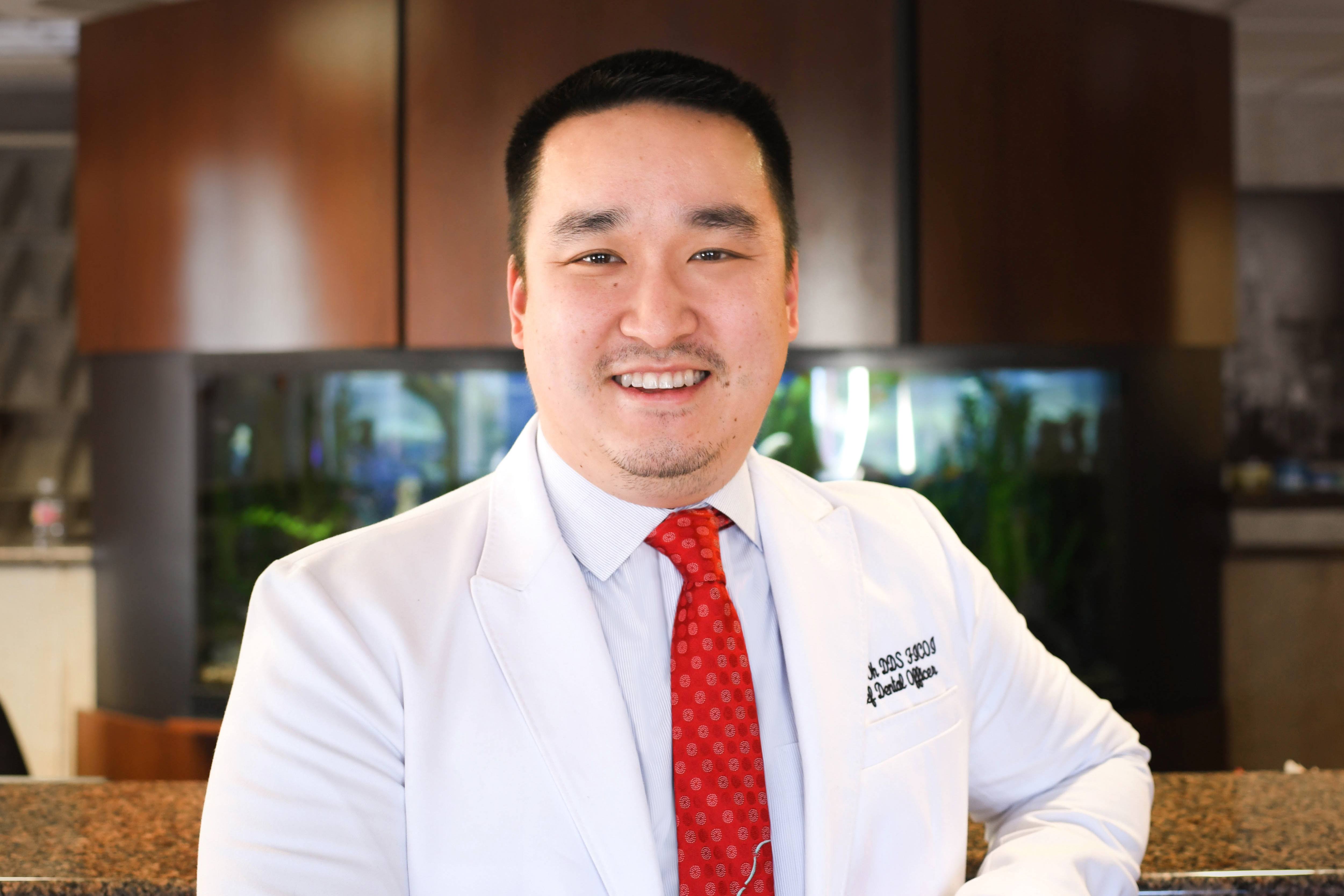Dental Care Tip: How to Get the Smile You’ve Always Dreamed of

 Dr. Oh is a dental implant expert who practices implant dentistry in Langhorne, Pennsylvania. Dr Oh graduated at the top of his class at the University of Maryland College of Dental Surgery, then furthered his training in Oral & Maxillofacial Surgery at Hahnemann University Hospital, and is now a fellow in the International Congress of Oral Implantology. Dr. Oh has trained all over the world in dental implants, and lectures for various implant companies. Here, he answers questions that patients typically have when considering dental implants.
Dr. Oh is a dental implant expert who practices implant dentistry in Langhorne, Pennsylvania. Dr Oh graduated at the top of his class at the University of Maryland College of Dental Surgery, then furthered his training in Oral & Maxillofacial Surgery at Hahnemann University Hospital, and is now a fellow in the International Congress of Oral Implantology. Dr. Oh has trained all over the world in dental implants, and lectures for various implant companies. Here, he answers questions that patients typically have when considering dental implants.
Can you really get your implant teeth in one day like they say on TV?
Short answer is yes!
Long answer is that “Teeth in a day” is for patients requiring an entire arch (upper or lower), or their entire mouths reconstructed. The implants are placed in strong areas of the mouth in order to achieve excellent stability, and the arch of teeth delivered the same day actually splint the implants together. Believe it or not, but studies show that this actually improves the outcome!
Of course there are few cases where the bone may not be adequate, in which case the body is allowed to heal before connecting the teeth, but those are far and few between, especially when using the proper implant type. Over 95% of patients walk out with a beautiful new set of fixated teeth!
Does the type of implant used matter?
Absolutely. Just like there are poor quality cars and high quality cars, there are poor quality implants and high quality implants. Different qualities of the implant system being used can make significant differences in patient outcomes. For example,
- the quality of the surface of the implant affects how well and fast your body accepts the implant,
- the quality of the connection from the implant to the teeth determines if the teeth will loosen over time, and
- the composition of the implant can determine if patients may experience allergic reactions or not. For patients with true metal allergies, there are Ceramic implants that can be used as an alternative.
Patients should be aware of what brand and type of implant is being placed into their bodies. It makes a difference!
What about the patients who have been told they don’t have enough bone for implants?
There are various degrees of bone atrophy, or bone loss. For patients with advanced bone loss, there are still options.
For those who don’t have enough bone in their upper jaw, sometimes we need to engage other dense bones like the zygomatic bone (cheek bone) or the pterygoid bone (a bone just behind the upper jaw) in order to provide “Teeth in a day” without multiple surgeries involving bone grafting. These “non-conventional” implants have excellent short term and long term results.
For patients who lack bone in their lower jaw, there is a special type of implant called a “Subperiosteal Implant,” which sits just under the gum and essentially hugs whats left of the lower jaw for stability.
Finding a skilled clinician with this special training is key and can drastically improve a patient’s quality of life.
For more information about dental implants and how they can drastically improve one’s quality of life, click here!
This post was produced and paid for by AC Dental of Langhorne